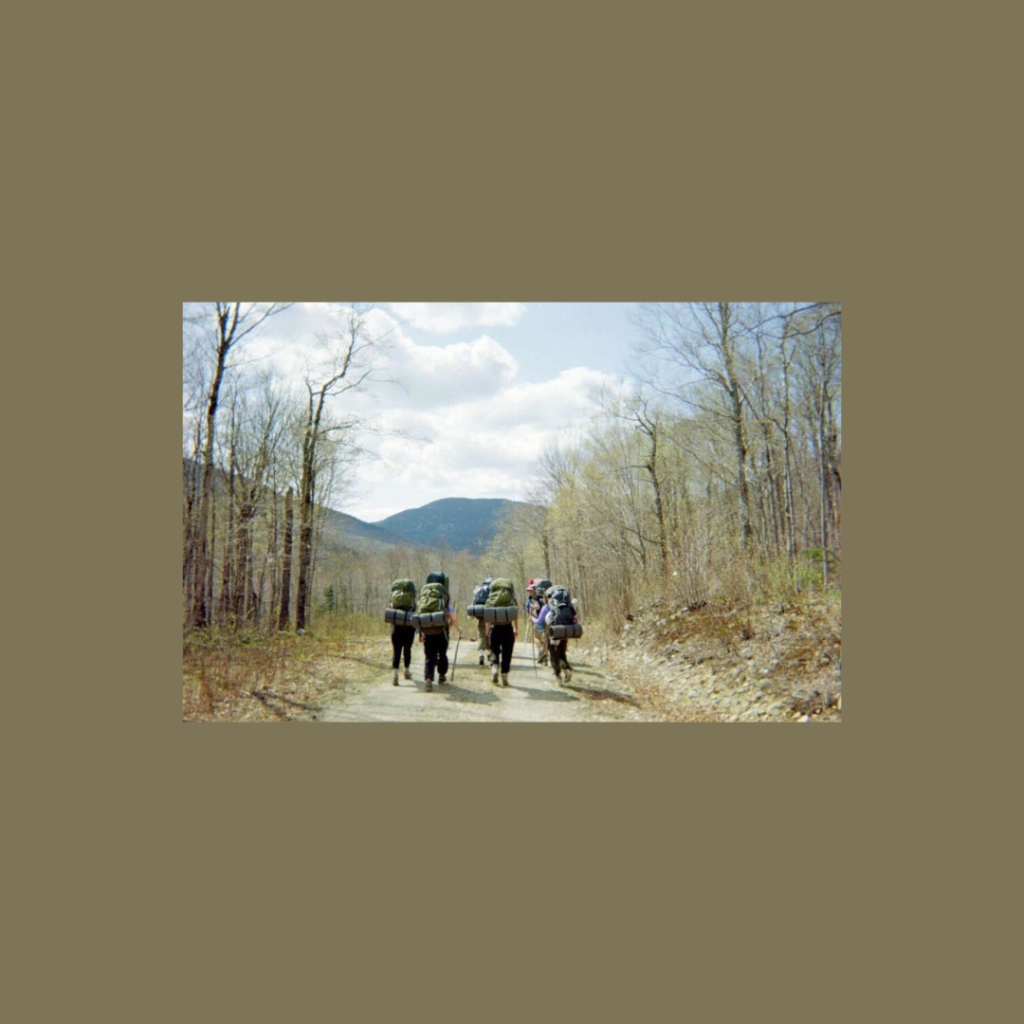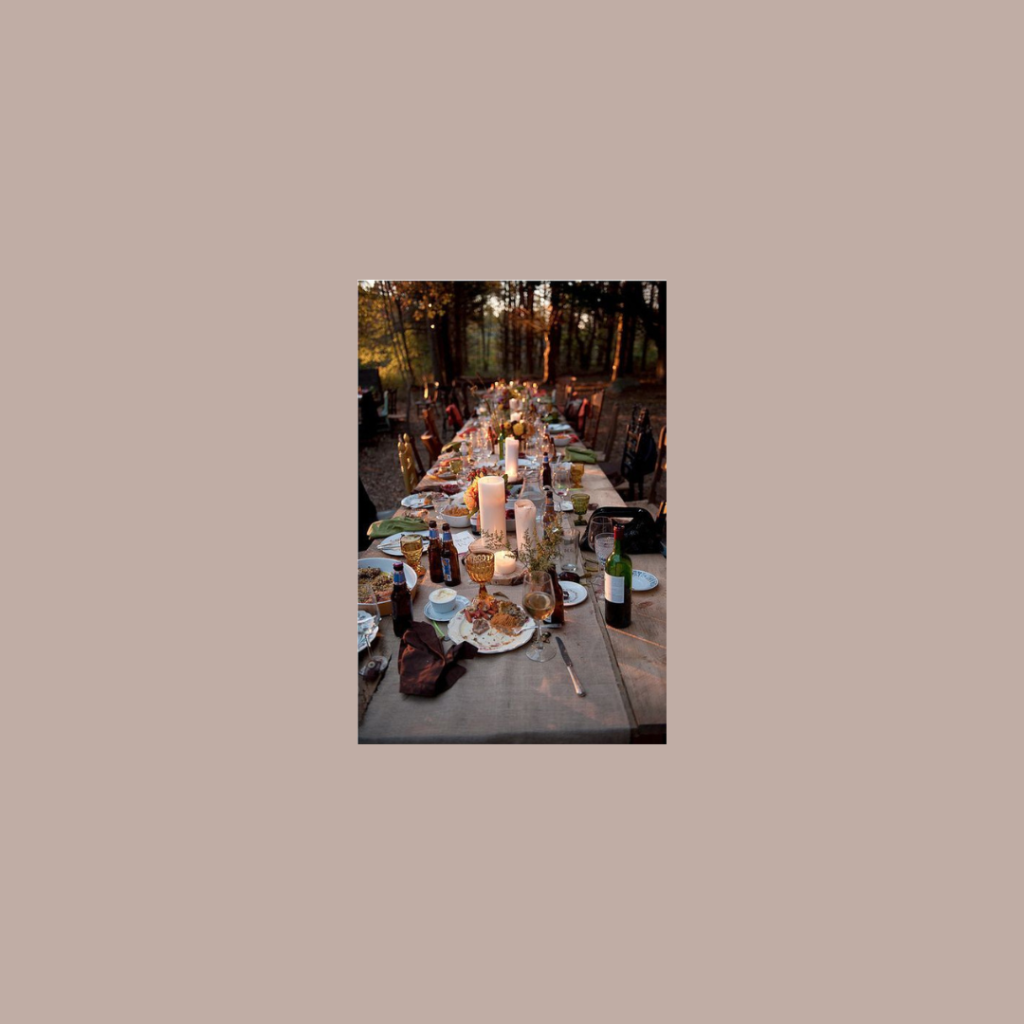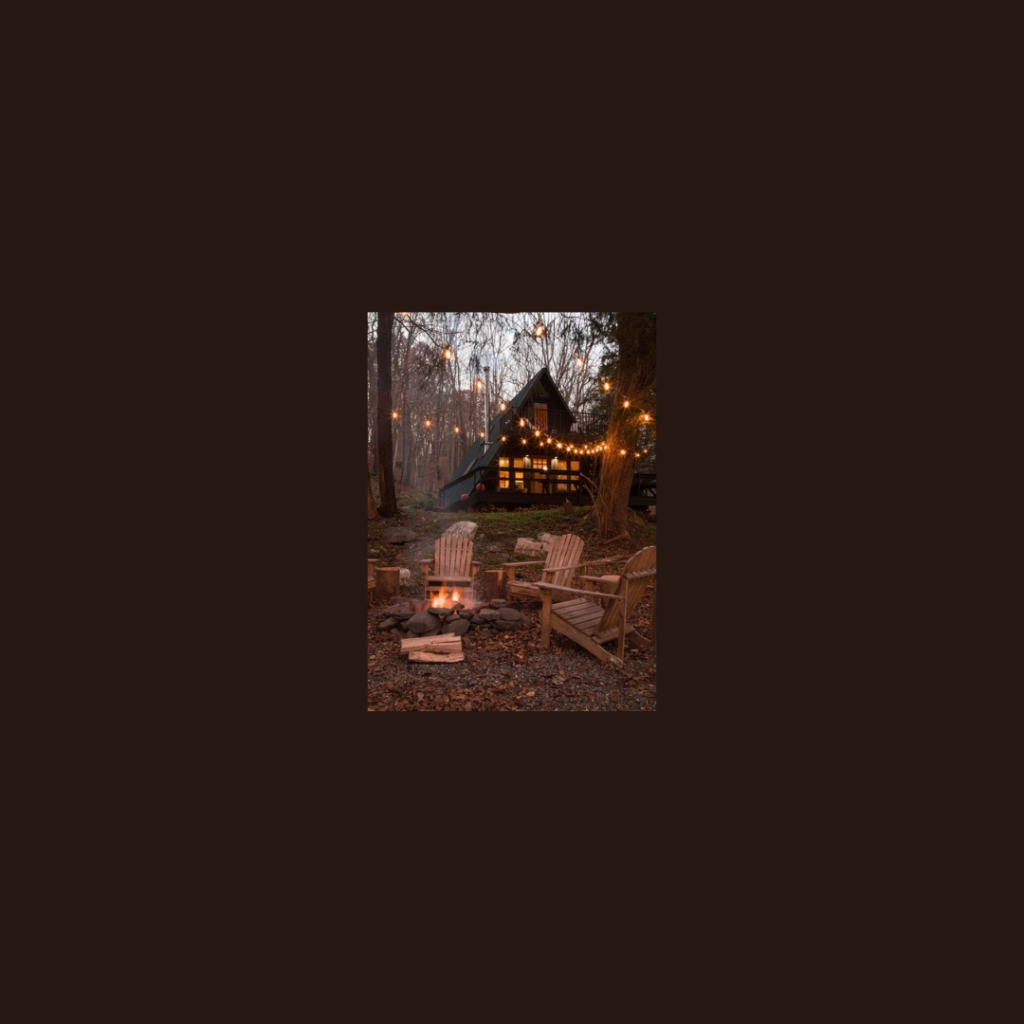
Sally Greider
Sophomore English and Public Relations Double Major
From the recently founded independent publishing company Big Bang Press comes a new, half-satirical, half-adventure young adult novel written by Erin Claiborne, A Hero at the End of the World. Big Bang Press has drawn attention in the literary world with its unusual origins. The press was founded using the online fundraising website Kickstarter. Big Bang differs from a lot of well-known publishing companies; their goal is to introduce fanfiction culture’s best writers to a wider reading audience by seeking out original novels from talented authors who already boast wide followings in the fanfiction community.
Fanfiction is a huge part of fandom culture, with new stories and perspectives on already existing characters and worlds lovingly penned every day by fans fascinated by and appreciative of novels, fantasy series, comics, movies, and television shows. As a way to connect more to the stories they know and love, fanfiction authors and readers have built a strong foundation of love and support for actors, authors, and other creative individuals.
Although not without its faults, fanfiction culture has only grown in recent years with the expansion of internet culture. Many current authors of young adult books today, such as Suzanne Collins and Veronica Roth, started to create original novels and series by first trying their hand at fanfiction. By recognizing the efforts and talent for writing inherent in the fandom community, Big Bang Press is challenging traditional publishing models, helping to redefine the outdated opinions that still shroud fanfiction writers in negativity, and embracing a new appreciation for the fanfiction community. Plus, their new young adult book is really good!
In A Hero at the End of the World, the reader is introduced to a world almost entirely like our own, but with a few very important differences. Set in the urban sprawl of London, this version of the United Kingdom comes with inherent magical powers, prophecies, world-dimension hopping, a scattering of romance, and some well-placed barbs of humor.
In the story, readers follow the adventure of Ewan Mao, a boy who was prophesized as the one who would vanquish the UK’s own resident evil magician, Duff Slan. There is just one problem; on the day of the appointed vanquishing, Ewan’s childhood friend Oliver Abrams just happened to get there first, and did the job for him. Now, Ewan has broken off his friendship with the world-famous Oliver, is known only as a mere footnote in the whole debacle, and works a dead-end job at a coffee shop a few years later, mostly forgotten by history and bemoaning his missed destiny.
That’s when the real story begins, but I won’t spoil it for you. throughout the book, we meet dragons, a semi-evil cult, some dashing intrigue, fresh and earnest self-satire, progressive and diverse characters and themes, and the end of the universe, although not necessarily in that particular order.
The novel has a few notable flaws, such as issues with an overcomplicated plot and a rapid-fire pace which keeps readers breathless to see what happens next, but left me craving a little more character development. I wanted a little more insight into each of the individuals of an ensemble cast that has well-crafted surface personalities, although occasionally contradictory, but who I also was waiting to see more of even after the last chapter, waiting to really get to understand them.
The world building of the story is well done, complete with everything from interesting explanations for the different types of magic that the people of London utilize to the beaucratic system of magical government that clearly is still feeling the remnants and political tensions of a recently displaced tyrannical prime minister. Because of the multiple twists and complications in the plot, however, I was left wishing we got to see more world-building actually build—reach its full potential over a longer period of time; more showing the reader, less telling. While reading, I was continually waiting for more, always missing a few more chapters in between the jumps in the plot that would have rounded everything in the story out a little more evenly, quenched my readers’ appetite with a little more substance.
Despite these issues, A Hero at the End of the World is nevertheless a funny, fresh, and engaging read, not the least because of its embrace of progressive themes and its touching final message of acceptance of oneself and the true nature of friendship.
The book features a refreshingly progressive worldview; it embraces LGBTQ readership and makes a point to include racially diverse characters. The main character of the book identifies as gay, and for once this aspect of a character is not shoved blithely under the metaphorical rug or only referenced off-scene—he actually gets a love interest! However, it’s also ostensibly not the main point of the novel; Ewan being homosexual is simply another aspect of his character and the romantic thread of the story is a subplot to the greater adventure unraveling as Ewan and ragtag group of skeptical friends and frenemies attempt to not botch up the time-space continuum.
The author, Erin Claiborne, doesn’t attempt to hide or only marginally acknowledge social justice issues, but she also doesn’t focus the whole story around them, portraying the positive idea that members of the LGBTQ community have their own issues to worry about besides their sexuality—a sexuality that is a normal part of their character, not something to hide or be ashamed of—even if these issues happen to be being tricked into joining a partially evil cult, or deciding that it’s actually okay to not be a hero.
The ensemble of characters also features strong, smart, and patriarchy-crushing female characters who are respected and appreciated throughout the story, for both their good and bad qualities. The female characters in this novel are crucial to the storyline, rather than superfluous romantic or helpless tropes. They stick up for themselves, and remind girls everywhere that it’s okay to be a powerhouse who doesn’t accept anything less than what you deserve.
The end of the book heralds the idea of accepting yourself as you are instead of conforming to society’s expectations of what should be done with your life, as well as realizing the healing power of friendship. That’s not just to sound cheesy; the book really does have this enduring moral, but it’s also a very good lesson.
It’s a moral that some young adult books in today’s literary circles have forgotten in favor of more self-sacrificing or dystopian survival stories. A Hero at the End of the World is a book quick to laugh at itself, conjuring up spells and magical theories and a shining disco ball that might actually be more than a disco ball, but it’s also a book quick to assert itself as a story that means something in the end—something earnest, and surprisingly uncomplicated, and true.
I’d recommend reading A Hero at the End of the World when it is released by Big Bang Press in print and kindle edition. Be ready to laugh, be ready to sigh, and be ready to not take yourself too seriously!




Leave a comment